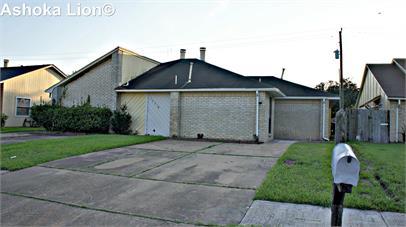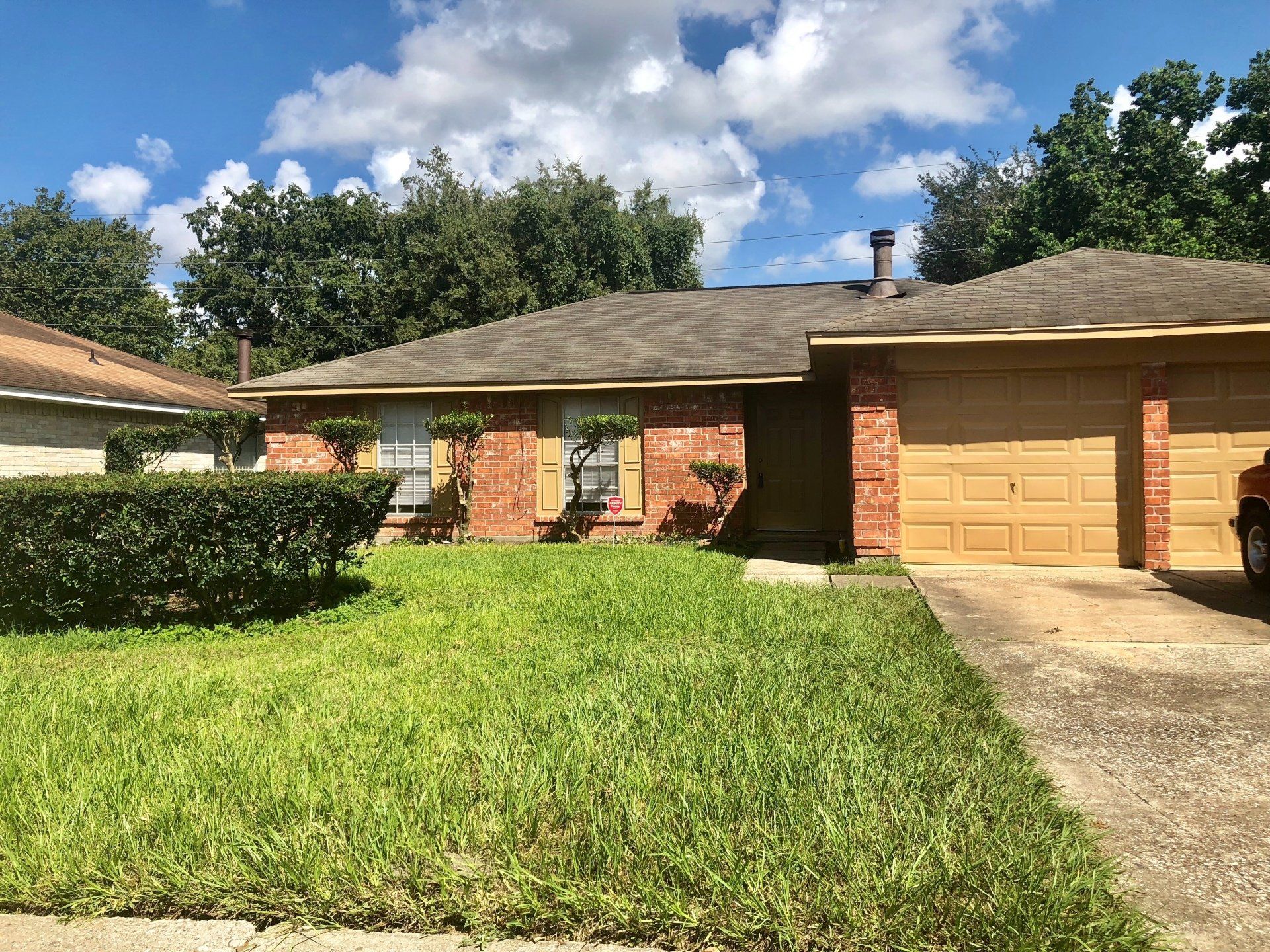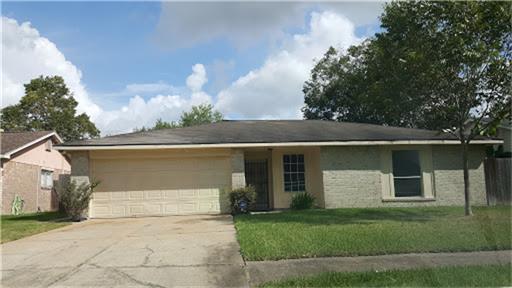Pitfalls of Accepting Cash Rent Payments
Leena Cherian • April 5, 2025

When landlords accept rent payments in cash, there are several potential mistakes and risks they may inadvertently commit. These mistakes can have legal, financial, and operational consequences.
Common errors Landlords make when accepting cash payments for rent:
- Failure to Document Payments – Without proper documentation, there's no clear record that the tenant has paid rent. This can lead to disputes, especially if the tenant claims they’ve paid when they haven't, or vice versa.
- Not Keeping Payment Records – Cash transactions are harder to track, and failure to maintain proper records can lead to issues during tax reporting, property inspections, or disputes over unpaid rent.
- Not Reporting to the IRS – Cash payments may be tempting to keep off the books, but failing to report rental income is illegal and can lead to penalties, fines, or audits from the IRS.
- Accepting Payments Without Verification – This can open the door for fraud or payment from unauthorized individuals. It may also cause confusion if the tenant tries to deny paying rent or if there’s a misunderstanding about the payment.
- Inadequate Security – Handling cash can expose landlords to theft, especially if rent is collected in person or if large amounts of cash accumulate.
- Ignoring Late Payment Systems – Without a clear system in place to handle late or missed cash payments, landlords may find it difficult to track tenant arrears or take timely action if payment is delayed. If you're not tracking cash payments properly, this can lead to overdue rent accumulating undetected.
Best Practices to Prevent Mistakes with Cash Rent Payments:
- Encourage tenants to pay with checks, money orders, or through electronic payment systems that leave an audit trail. If you must accept cash, make sure the tenant deposits it directly into your bank account (rather than handing it over in person) and always obtain a receipt.
- Regularly review tenants' payment history and ensure that all payments, including cash, are recorded in your tracking system. This will help you avoid disputes and better manage your properties.
- Set up a written policy for late rent payments in your lease agreement. This should include any grace periods, late fees, and procedures for handling missed payments. Keep track of all rent payment dates and amounts to ensure you are clear on what is owed.
- Set up a written policy for late rent payments in your lease agreement. This should include any grace periods, late fees, and procedures for handling missed payments. Keep track of all rent payment dates and amounts to ensure you are clear on what is owed.
Check out what Texas Law has to say about rent payment.
Contact Us
Houston Phone: (832) 364-6025
Dallas Phone: 972-863-2080
Leasing Line Houston- (832) 295-0541
Fax: (832) 364 -6025
Texas Corporate Office:
5444 Westheimer, Suite 1000, Houston, TX, 77056
Texas Mailing Address:
3120 Southwest Fwy Ste 101 PMB 93424
Houston, Texas
77098-4520
M-F 9AM to 5PM, Holiday's may affect business hours
Service areas and Other Resources









